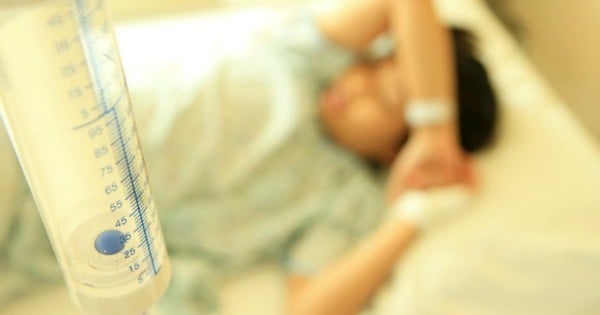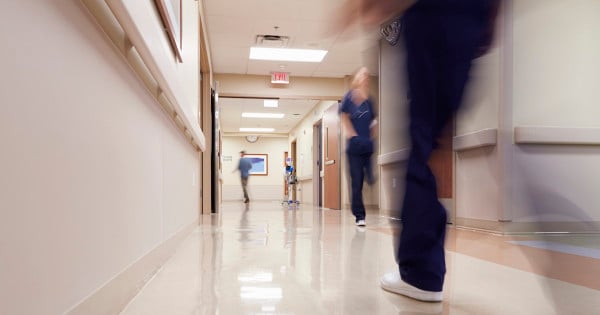

On the surface, Eliza Ault-Connell and I are quite similar.
We’re both in our thirties, married and have three kids – however, Eliza lost her legs and most of her fingers to meningococcal disease at the age of 16.
It came out of nowhere and felt like the flu before progressing rapidly, leaving her young life drastically changed.
To say she’s faced some major obstacles is a massive understatement. But these days, she’s a mum of three, Director of Meningococcal Australia and a Paralympian.
So how on earth does she manage to raise a family under such challenging circumstances? By being awesome, that’s how.
Can you remember how you felt at 16 when you first started coming down with what you’d later discover was meningococcal disease?
“Basically I woke up one morning on September 30, 1997 with a headache, vomiting and fever. I popped a couple of paracetamol and took a nap. I woke up a couple of hours later with a rash and mum knew something was seriously wrong and we went to the local emergency department in town. En route the rash was turning black. I was quickly diagnosed with meningococcal disease and airlifted to a larger city hospital that was more experienced to cope with what was about to unfold.
On the second night my parents were told that to save my life my legs would need to be amputated below the knee, so really it wasn’t a choice, it was lose me or lose my legs.”



